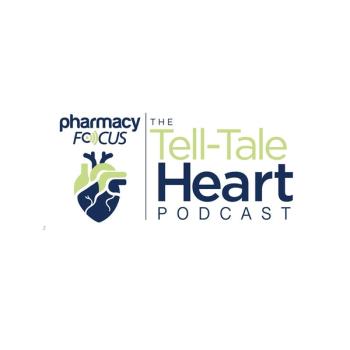
Simplifying the Election Season
Caucuses like Iowa's resemble the NFL playoffs in that they aggressively determine which candidates will be on the ballot for the general election, which is essentially the Super Bowl of the presidential race.
This month marks the official kickoff for the election season. Caucuses like Iowa’s resemble the NFL playoffs in that they aggressively determine which candidates will be on the ballot for the general election, which is essentially the Super Bowl of the presidential race.
Before the actual voting began at the Iowa caucus on February 1, party officials did some lastminute campaigning or gave speeches to sway voters at each of the state’s 1681 precincts. In a Republican Party caucus, voters then cast secret ballots in private voting booths, just as they would during the general election. In a Democratic Party caucus, however, voters swarm into groups for each candidate, and any candidate who does not have at least 15% of the total head count is removed. Those who voted for removed candidates must then be swayed to a new candidate and counted off again. This process, which got pretty intense at the 2008 Iowa caucus, continues until only viable candidates are left.
Sounds outright complicated for a small part of the voting process, right? One idea to simplify this course comes from a 12-year-old boy named Jackson Jarrett in his book, Ballot 12.0. Doing away with caucuses and primaries, Jackson recommends limiting polling locations to just 5 vicinities in the United States, not allowing any political signs to be displayed within those polling places, and giving voters 1 month to cast their ballot.
For this year’s Next-Generation Pharmacist® awards (nextgenerationpharmacist. com), Pharmacy Times and Parata Systems are giving you until April 24, 2016, to nominate a fellow pharmacist, technician, or pharmacy student who deserves to be honored as an outstanding pharmacy leader. We keep the selection process based on merit by having all eligible entries evaluated by an independent panel of esteemed judges who use only professional standards, experience, and advancement in the profession as scoring criteria. As Jackson argues in Ballot 12.0, those holding the ballots should not have to know the candidates to vote for them, but should simply vote for the best candidates.
The winners and their stories inspire others to pursue excellence in their own careers. Learning about someone who has beaten the odds, accomplished a major feat, or created something unique expands our vision of what is possible for ourselves. Go to pharmacytimes.com/ NGPawards to read about past Next- Generation Pharmacist® winners and get inspired! Notice that they credit others with helping them achieve their goals: These leaders know that collaboration ensures quality.
Thank you for reading!
Mike Hennessy
Chairman and CEO
Newsletter
Stay informed on drug updates, treatment guidelines, and pharmacy practice trends—subscribe to Pharmacy Times for weekly clinical insights.







































